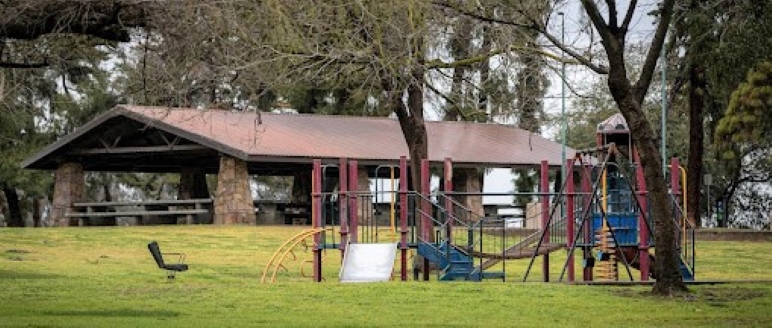Although it received little public fanfare, Gov. Gavin Newsom and the Legislature last year made a life-changing investment in the lives of tens of thousands of California’s most vulnerable children.
In the scheme of a nearly $300 billion state budget, it wasn’t much – $20 million per year over three years to support Court Appointed Special Advocates. But it was enough to launch a vision for all foster care children in the state who could benefit from the one thing they need above all else: a stable relationship with an adult they can count on.
That’s 50,000 kids who have endured a level of neglect or abuse so severe that a judge has been forced to remove them from their parents and declare them wards of the state. Given their circumstances, the odds are against these kids. After they become adults, if current trends hold, nearly half will become homeless within two years. About 1 in 5 will become incarcerated at some point.
The promise of receiving $60 million over three years enabled the California CASA Association to fashion a plan to increase the program’s reach by recruiting more volunteers, strengthening the professional staff, and expanding public awareness to inspire additional community philanthropy.
That promising vision to reduce such negative outcomes is now imperiled, at risk of being nipped before it ever has a chance to bloom. Faced with a more challenging budget situation, Newsom has proposed eliminating the remaining two years of the promised appropriation.
Without that funding, California’s foster children will be consigned to a status-quo future, one in which only about 16% benefit from having a one-on-one relationship with an adult advocate, a service that has shown uplifting results.
There are 50,000 humanitarian reasons for the state to follow through on its funding commitment. There is also a powerful economic incentive. It would cost about $4,000 per child to provide this care to every foster child. It costs taxpayers more than $35,000 a year in social services for homeless individuals, and more than $100,000 a year to incarcerate someone.
The reason such a modest investment could make such a powerful impact is that there is a legion of committed, carefully screened and highly trained volunteers around the state who serve as Court Appointed Special Advocates. Local CASA programs operate in 51 of California’s 58 counties.
The state’s 11,000 volunteer advocates are each matched with a child, and they stand by that child during traumatic and challenging times. They are there to listen, encourage and reassure.
They might do homework together or go to a museum. The advocate might be the only adult to attend the child’s school concert, or the only adult to understand the child’s particular health care or educational needs. The advocate learns the circumstances of each child and recommends to a judge the services the child needs and when it would be safe, and under what conditions, to return the child home.
Our courts and the overburdened professionals in our child welfare systems do what they can to see that these kids are housed, schooled and fed. Without the state’s financial support, they can’t provide the kind of one-on-one attention that can put them on a path to resiliency and ensure that their best interests are served.
Children who have an advocate are more likely to receive appropriate services, more likely to do well in school, more likely to be psychologically sound, more likely to be adopted rather than shuffled from one temporary placement to another, and more likely to be hopeful about their future.
With the funding received this year and the promise of two more years to come, these organizations fashioned a plan to be able to serve all 50,000 children who could benefit by 2032. Now the state must deliver on its commitment.
Although they are very young, California’s foster children have already had quite enough of broken promises.
David Allen is a Court Appointed Special Advocate, or CASA, in Placerville. This commentary was edited by CalMatters.

